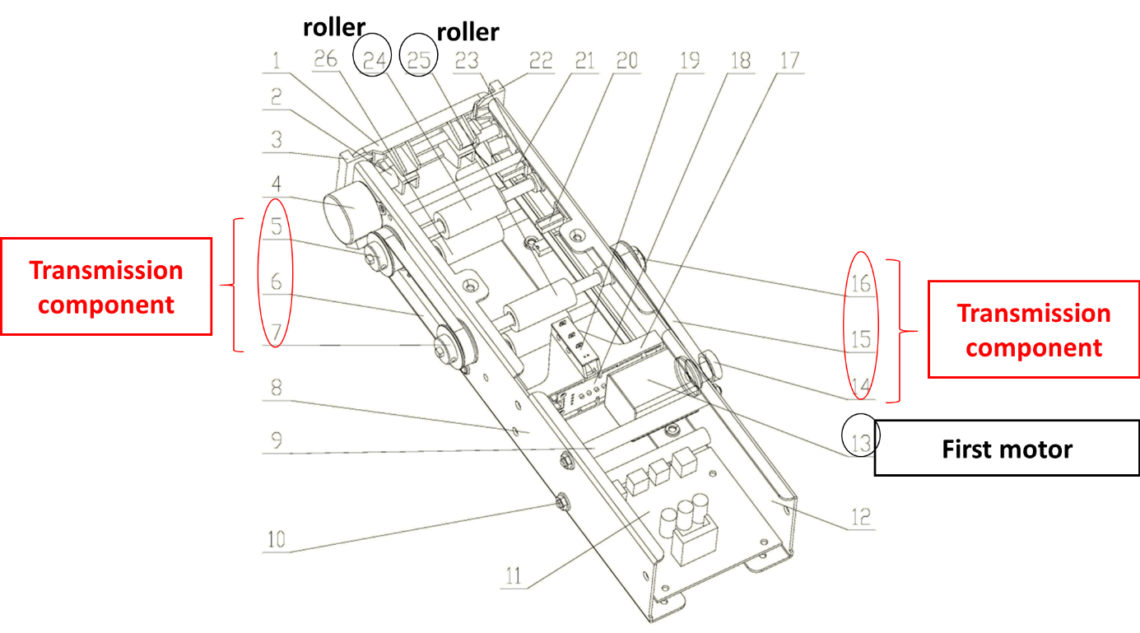The Chinese Patent Office (CNIPA) is moving forward at breakneck speeds aiming to get all the necessary pieces in place for the June 1, 2021 date when the new 4th Amendment of the Patent Law will come into effect. Most recently, this means a flurry of drafts coming out from CNIPA, including, but not limited to, draft measures with the NMPA relating to patent linkage, draft implementation rules of the new patent law, and what we’ll discuss today, draft examination guidelines in light of the new patent law. We are encouraged that CNIPA is engaging the public, allowing any member of the public to submit comments within a (albeit very…
-
- Biotech, China, Patent Linkage, Patent Term Extension, Pharma, Supreme People's Court, Updates and Changes
How will Civil Cases Work under the Patent Linkage Provision in the New Chinese Patent Law?
The Supreme People’s Court has just issued draft regulations for comment regarding how new Article 76 will work in conjunction with civil procedure law. The period to submit comments ends December 14, 2020, and the final version will come into force June 1, 2021, together with the new Chinese Patent Law. The Backdrop: New Chinese Patent Law Adds Patent Linkage (Article 76) Linking Drug Approval to a “Clear” Patent Position In October of 2020 China passed the 4th amendment of the patent law which ushered in some sweeping changes in certain areas that are especially exciting for life science companies. One of the most important changes is the introduction of…
-
Narrow Claim Scope of a Chinese Utility Model Patent Fuels Design-Arounds by Failing to Curb Competing Products:
Learning from a 2019 China’s Top 50 Representative IP Case The number of patent applications in China is now the highest in the world, with more than half the applications filed as utility model applications (UMs). For example, there were more than 2 million UMs filed in 2018 alone (for the difference between a utility model and an invention patent in China, see here). However, less than 1% are filed by foreigners[1]. This reflects the lack of appreciation on the part of many foreign companies of what protection UMs can confer, and there is a general misunderstanding that UMs are by definition poor in quality. This misconception is fueled by…







